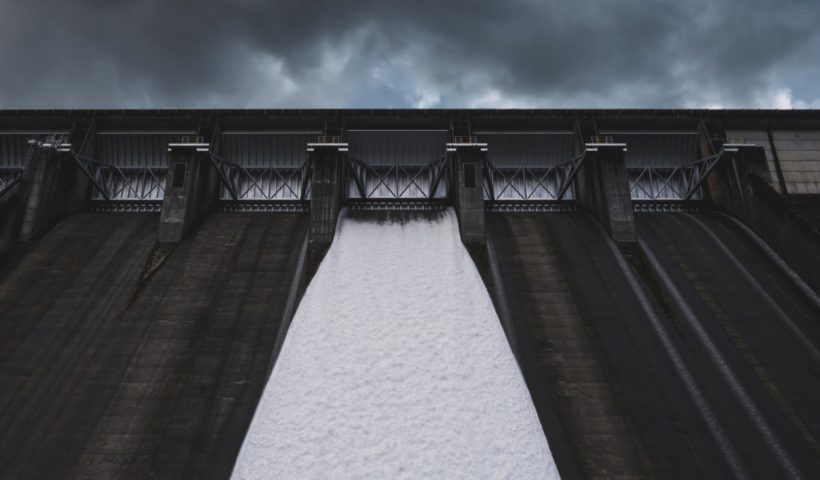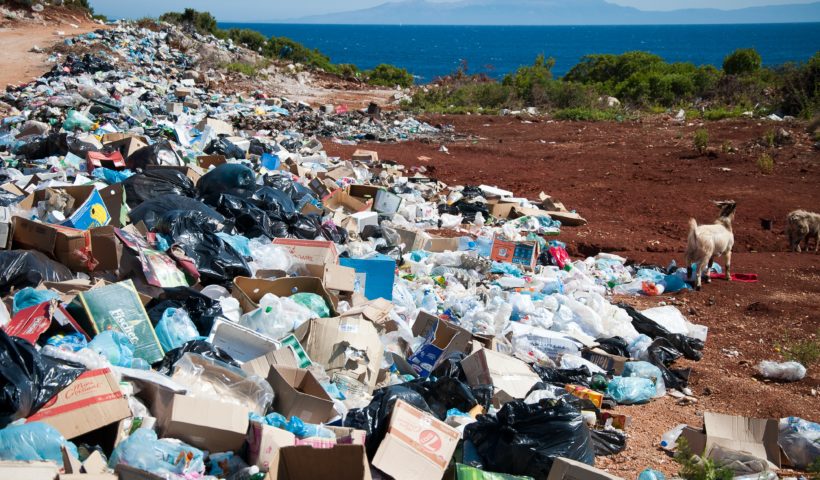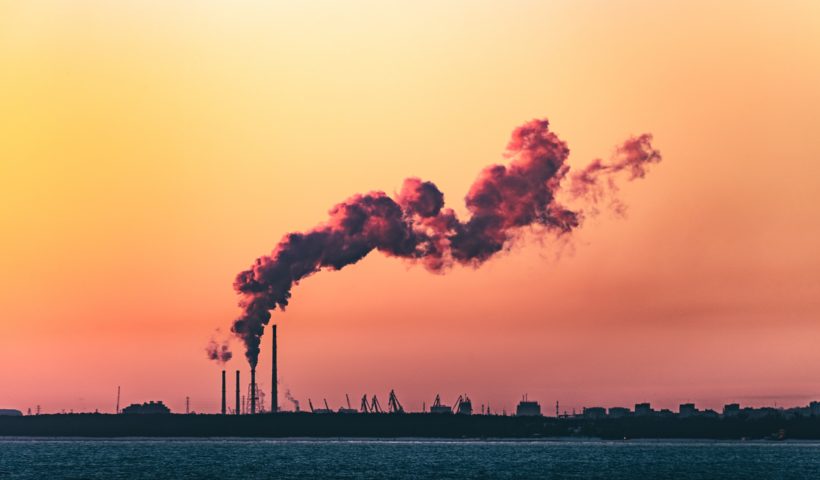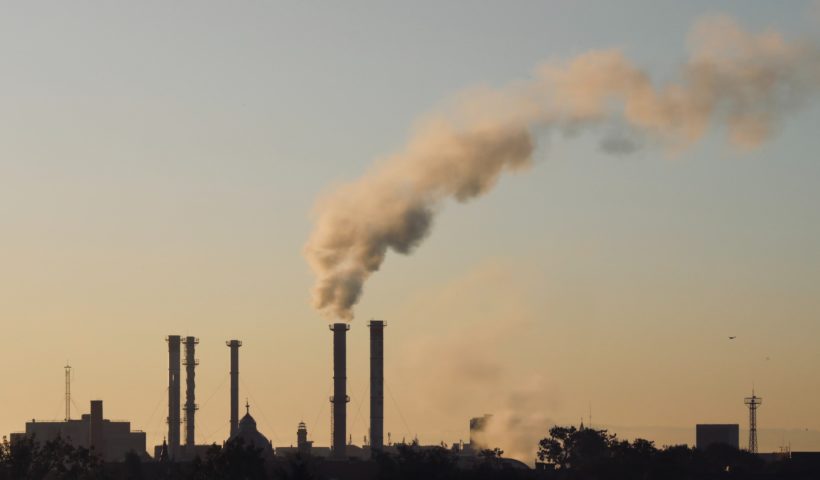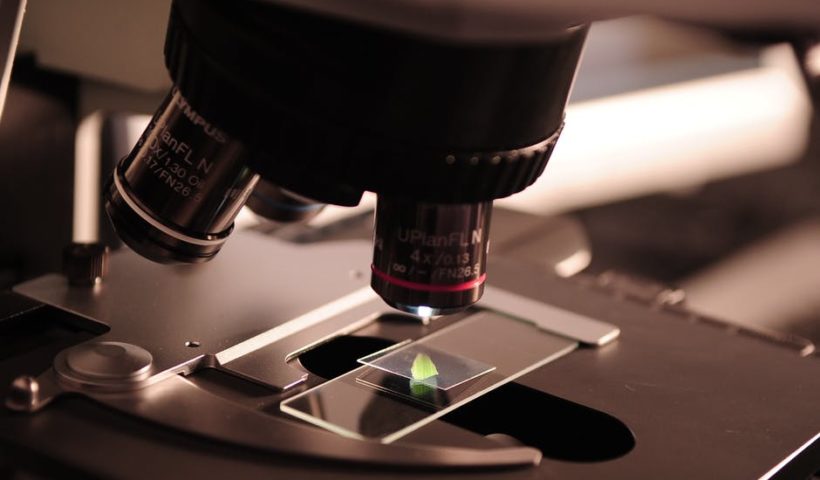Asian carp are an invasive species that have dramatically damaged US waterways. Environmentalists are scrambling to find solutions to prevent the devastation that may ensue as the carp encroach upon the Great Lakes. However, current solutions to maintain these ecosystems are inherently unethical. Human response to the carp invasion reveals how ecological decision making influenced by human-centric environmentalist ethics is unsuitable when dealing with man-made problems. Instead, humans must consider what ethical obligations they have to protect the environment and repair damage done to the US waterway system.
View More Great Stakes in the Great Lakes: Anthropocentrism and Biocentrism in Culling Asian CarpTag: Environment
Engineering Alternatives to Fast Fashion
In a world of fleeting trends and viral fashion sensations, companies and consumers alike have contributed to massive textile waste that has created irreparable environmental damage. Engineers have been working to combat these issues, but as new and innovative solutions are being developed, the question still remains: how can we balance affordability and ethical consumption in the pursuit of the next big fashion trend?
View More Engineering Alternatives to Fast FashionEthical Analysis of The Three Gorges Project
The Three Gorges Project is the development of the largest hydroelectric dam in the world: the Three Gorges Dam. Since its conception, the project has remained the focus of controversy due to its long construction duration, significant social and economic impacts, and broad environmental implications. The ethicality of the dam’s construction will be determined through an examination of its impacts from a utilitarian perspective.
View More Ethical Analysis of The Three Gorges ProjectA Credit Card a Week: The Environmental Ethics of Plastics
In an industrialized world, it seems impossible to live without plastics. From food storage to aircrafts, plastics provide benefits that make them an irreplaceable material. However, a consistent increase in plastic production and use has led to a massive plastic pollution crisis. Plastics are produced from non-renewable resources and can never fully decompose. They end up in our oceans, our environment, and even our stomachs (a credit card’s worth per week). Additionally, the massive amount of plastic waste has created a global plastic trade that unfairly places the burden of waste processing on less developed countries that may not be able to support even their own waste. The effects of plastic pollution are reaching a critical stage, and engineers must find solutions to relieve the growing pressure.
View More A Credit Card a Week: The Environmental Ethics of PlasticsClimate Change Concerns May Be Getting Worse
Climate change has long been underway, but new research has shown that the known effects of climate change may be expanding to include an increase in infectious disease. Are we able to curb the severity of these consequences before it’s too late?
View More Climate Change Concerns May Be Getting WorseA Bug’s Life: Insects as a Meat Alternative
Meat and dairy production are two of the biggest contributors to greenhouse gas emissions and water consumption worldwide. The environmental impacts of meat products have led to a push to find meat alternatives that still provide the same nutritional value. Part of the solution may lie in the integration of more insects into our diet.
View More A Bug’s Life: Insects as a Meat AlternativeClimate Change Reparations: Who Should Carry the Cost?
The damaging effects of climate change are not distributed equally among the world’s nations — those who pollute the least bear more of the burden, so are these countries owed reparations for their losses? If so, who should pay?
View More Climate Change Reparations: Who Should Carry the Cost?Ethics of Geoengineering
Until recently, the concept of geoengineering has widely been dismissed as a far-fetched and unethical idea to manipulate the environment. Geoengineering proposals intend to reduce the effects of global warming by manipulating the environment through extracting carbon dioxide from the air or reflecting sunlight to reduce global temperatures. However, as the context of climate change has shifted in urgency, geoengineering has emerged as a potential last-ditch effort to save humanity from climate-induced destruction. Despite its many unknowns and risks, geoengineering might provide a temporary solution to delay the detrimental effects of climate change and prevent the irreversible damage projected by current global warming trends.
View More Ethics of GeoengineeringThe Ethics of Composite Design in Mechanical Engineering
In the 21st century, mechanical engineers work in an increasingly difficult environment. The requirements for systems are changing every day as employers and consumers desire…
View More The Ethics of Composite Design in Mechanical EngineeringOversight Over Environmental Gene Editing
11/9/2018 Profiled article K. Dennehy, “Editing nature: A call for careful oversight of environmental gene editing: Interdisciplinary team urges creation of coordinating global body.”, sciencedaily.com,…
View More Oversight Over Environmental Gene Editing


